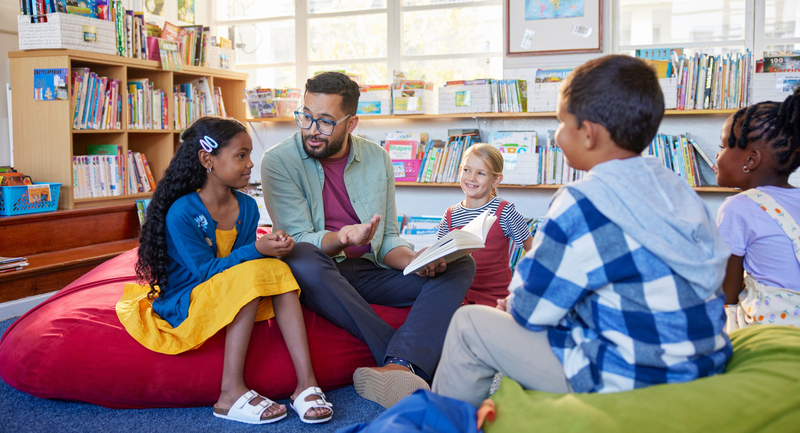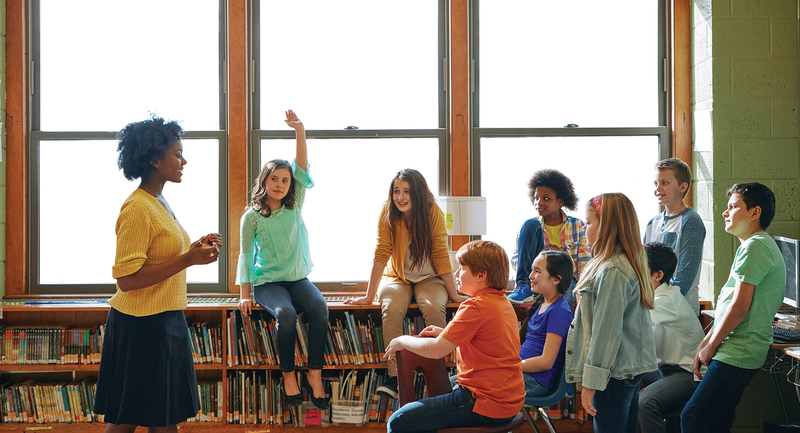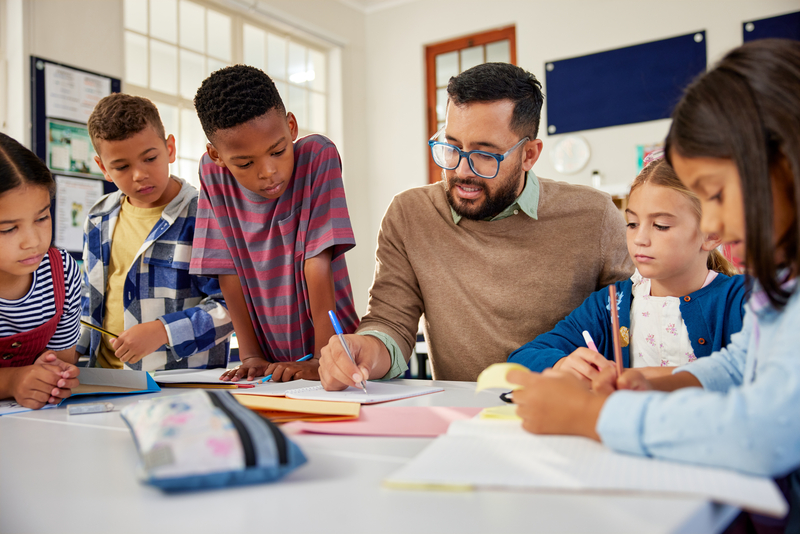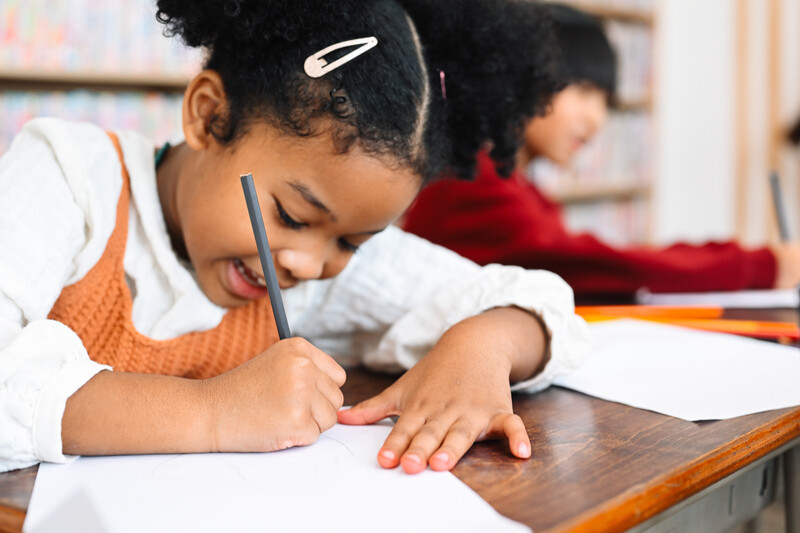December 1, 2024
•
•
Vol. 82•
No. 4Joyful, Better Project-Based Learning
Credit: Jayakri / Shutterstock
Since John Dewey’s critiques of schooling a century ago, educators have long lamented that many classroom learning experiences are too often rigid, pedantic, and focused on superficial recall—in a word, joyless. So why do these dull and disengaging teaching methods persist?
One explanation may be that amid myriad demands on teachers’ time and attention, it’s not easy for them to design and deliver reimagined learning experiences that spark student curiosity and authentic learning.
A recent randomized control trial from researchers at Michigan State University may offer hope on both counts—demonstrating the benefits of authentic learning while suggesting a path for helping teachers transform classroom learning experiences.
The study evaluated the impact of four science units on 2,371 3rd graders in diverse settings in Michigan—from rural schools in the northern part of the state to Detroit Public Schools. About half of the students in the study engaged in project-based learning units intentionally designed by Lucas Education Research to spark students’ curiosity and motivation to learn, encourage collaboration, and engage students in creating personally relevant artifacts of learning. The other half of the students in the control group were taught the regular lessons their teachers had prepared. Each unit in the PBL group focused on a driving question related to species survival and adaptation—Why do I see so many squirrels, but I can’t find any Stegosauruses? Over the course of each unit, students had multiple opportunities to ask questions, observe phenomena, and build models to grapple with this driving question.
Results showed that students in the PBL group scored significantly higher on a standardized science test—equivalent to a roughly 10 percentile point gain in student achievement, or, as the researchers noted, improving the average student’s grade from a C to a B. Moreover, afterward, students in the project-based learning group reported higher levels of engagement (self-reflection, ownership, and collaboration) during science activities than students in the control group.
What is perhaps most noteworthy about this study is that the intervention in question took the guesswork out of project-based learning for teachers. It provided them with predesigned units complete with guiding questions to spark student curiosity and structured learning activities to engage students in observing phenomena, constructing explanations, working in teams, and creating artifacts to demonstrate their learning (such as writing a play or story to illustrate why Stegosauruses did not survive but eutherians did). Yet the units themselves were not designed to be scripted or “teacher proof.” Teachers in the treatment group received intensive professional learning to help them adapt the units to meet student needs—for example, incorporating students’ cultural backgrounds and experiences into learning activities and engaging their families in learning.
Ultimately, the key takeaway from this study may be two-fold. First, joyful learning that sparks student curiosity and engages students in hands-on and “minds-on” learning is better learning. Second, we can help teachers reimagine classroom instruction by providing them with models that show what joyful learning can look like in the classroom.
End Notes
•
Krajcik, J., Schneider, B., Miller, E. A., Chen, I. C., Bradford, L., Baker, Q., et al. (2023). Assessing the effect of project-based learning on science learning in elementary schools. American Educational Research Journal, 60(1), 70–102.









